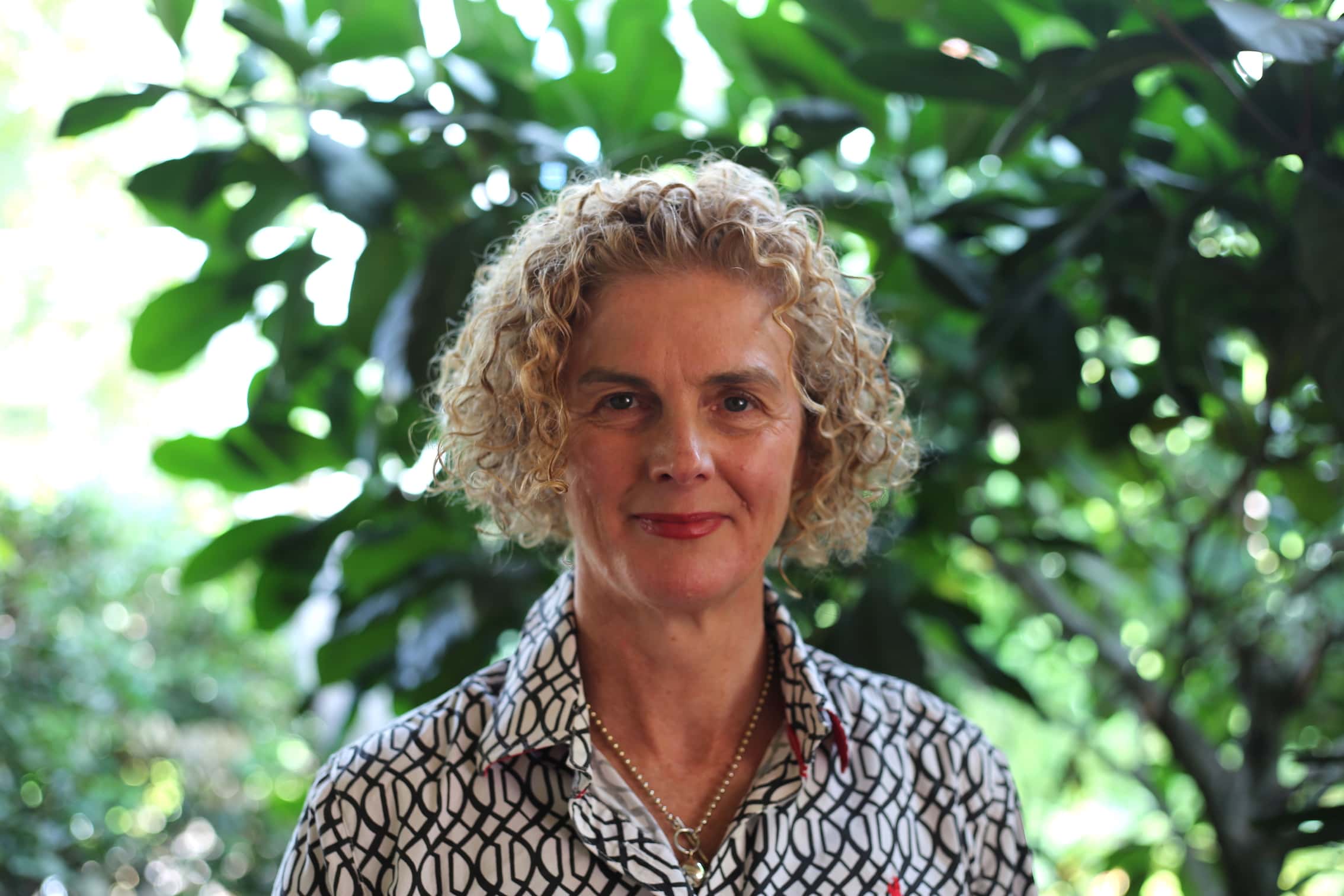Dr Louise McCuaig joins the Flinders staff team in the new role of Head of Pastoral Programs and brings vast knowledge, experience and passion. Louise will contribute to the pastoral leadership throughout the College and be working closely with pastoral leaders.
Louise will play an integral role in the implementation and embedding of our College’s REACH program (Resilience, Engagement, Academic (Care), Character, Health) in the Secondary School. In addition, Flinders is a candidate member of the Round Square network of schools and Louise will work closely with Flinders’ Round Square Co-ordinator, Mr Ryan Edwards, to establish the philosophy and programs in the College.
Louise will also develop the Flinders Institute as a vehicle to promote and develop research, professional learning, leader development and innovation in education.
Enjoy this Q&A with Louise.
1. What skills, talents, passion and vision do you intend to bring to your role to support and guide Flinders students and our College community?
For over 30 years, I have been an educator in Queensland schools and universities. During this time, my teaching and research have focused on building young people’s health and wellbeing through quality education programs and policies. Having spent an equal number of years in schools and universities, I bring unique insight into how our Flinders pastoral programs can best prepare students for life and learning beyond the college gates. My vision is for a vibrant, research-informed pastoral care program that inspires and equips our students and our College community to flourish in our increasingly complex world.
2. How are you keen to contribute to our College? And what are you looking forward to about your new role?
As Head of Pastoral Programs, I am excited by the opportunity of translating my own and other’s research into action. Most importantly, I want to tie our pastoral care programs more explicitly to students’ learning and achievement, to create a strong foundation of wellbeing, enterprise and leadership skills that, research has shown, fuels academic success. One of my most important tasks is to ensure that every student is aware of the “wind beneath their wings” that a Flinders education provides, and is ready to fly free as they transition into new and exciting lives beyond the ‘school gates’.
3. Please tell us a bit about yourself.
When I completed my schooling in Canberra, I was keen to pursue my two loves: teaching and sport science – specifically anatomy. The University of Queensland (UQ) is one of the only Australian universities with a proper anatomy cadaver laboratory. So I concluded my national and state water polo commitments and moved to Brisbane where I completed my Human Movement Studies (Education) degree and honours project in gait analysis. For the next 13 years, I was a HPE teacher/Head of Department at Pimlico High School in Townsville, St Mary’s Catholic College in Cairns and Clayfield College in Brisbane. However, as I became increasingly involved in students’ complex health crises, I returned to UQ to complete a counselling course, which morphed into a PhD study evaluating the health and care work that teachers perform in schools.
4. What roles/career have you previously worked in and what have you enjoyed about your career to date?
My previous role was Associate Professor (Health Education) and Director of Teaching and Learning at the UQ School of Human Movement and Nutrition Sciences. As a UQ academic for the past 17 years, I have been surrounded by world-leading scientists and worked with researchers and students across the globe. One of my most enjoyable roles at UQ was Co-Director of the University of Tsukuba Early Career Researchers Summer School which I taught every year in Japan. Over the coming years, I plan to offer a version of this young researchers’ program to interested students at Flinders.
5. What do you love about living on the Sunshine Coast?
My husband’s love of surfing and Dicky Beach resulted in our purchase of a beach house in the late 1990s. We are currently renovating our little shack to establish our new home base so that we can swim, surf and kayak with our Sunny Coast friends as often as we can.
6. What hobbies do you enjoy on the Sunshine Coast?
Bike riding along the beach pathways, swimming at sunrise, surfing and shell collecting.
7. What do you enjoy about working in a school community?
I have missed the honesty, energy, struggles and growth that you experience when you work with students, and the passion of teachers and administrators who share this journey with their students.
8. What is the best piece of advice you have ever received?
Not advice, but a challenging question: can we care too much?
9. Who gave you the advice and how has it helped you to grow as a person?
Surprisingly, the educational philosopher Nel Noddings and dog whisperer Cesar Milan both inspired my understanding of the difference between dangerous and constructive care. As with puppies, we instinctively feel a need to protect young people from tough times and painful experiences: who doesn’t want a happy and successful student? But overly-protective care is dangerous, as it strips young people of the chance to build their own resources to independently deal with the challenges of daily life and future studies. Providing constructive care fuels students’ growth from failure and ensures they know what to do when there are no teachers or parents around to help or tell them what to do. This care paradox reminds me every day that I can only truly celebrate my work as an educator when my students don’t need me anymore.

